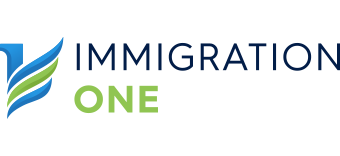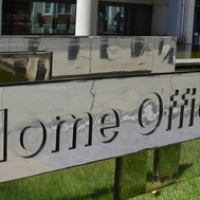In March 2016, the government announced its intention to review Tier 2, which is the main immigration route for non-EEA nationals working in the UK. These changes are designed to ensure that employers are incentivised to up-skill and train resident workers, whilst continuing to have access to a migrant workforce. Some of the resulting changes are already in place (see below), and more can be expected in April 2017.
The relevant changes expected from April 2017 include:
- The launch of the new Immigration Skills Charge (ISC) will impose a levy of £1,000 per year for each Tier 2 migrant sponsored. Accordingly, for a five year CoS, this will add a further £5,000 to the cost of sponsorship. A reduced ISC rate of £364 per year will apply to those in the charitable sector and to small businesses (defined as those with turnover of less than £10.2million and 50 employees or fewer).
- The introduction of the Immigration Health Surcharge (IHS) of £200 per applicant per year to the currently exempt Tier 2 (Intra Company Transfer) (ICT) migrants and their dependants. For example, this will see an increase of £1,000 to the cost of transferring a Tier 2 (ICT) migrant to the UK for five years, or an increase of £2,000 if transferring one Tier 2 (ICT) migrant and their spouse to the UK for the same period.
- The closure of the Tier 2 (ICT – Short Term Staff) sub-category, which will require employers to instead sponsor such workers under the Tier 2 (ICT – Long Term Staff), where the minimum salary for Tier 2 is £41,500. The introduction of criminal record certificates for certain healthcare, education and social welfare professionals and their dependants applying for entry clearance under Tier 2 from all countries in which they have lived for twelve months or more (whether consecutively or cumulatively) in the previous ten years. This provision (which signals the beginning of anticipated rollout to all Tier 2 migrants) may add further delays and costs to the application process.
- The introduction of criminal record certificates for certain healthcare, education and social welfare professionals and their dependants applying for entry clearance under Tier 2 from all countries in which they have lived for twelve months or more (whether consecutively or cumulatively) in the previous ten years.
- Tier 2 (General) salary thresholds for experienced workers will be increased from £25,000 to £30,000 (with exemptions continuing for some health and education professionals until July 2019).
- The removal of the requirement for at least 12 months employment in a group company abroad for Tier 2 (ICT) applicants who are earning at least £73,900 per annum. In principle, this should enable certain new hires abroad to be transferred to the UK under the ICT route rather than having to apply under Tier 2 (General) which usually requires a RLMT. However, please note that ICT migrants are ineligible for indefinite leave to remain in the UK (also known as permanent residence) and therefore for some applicants Tier 2 (General) will remain the better option.
- The Tier 2 (ICT) ‘high-earner’ threshold allowing Tier 2 (ICT) migrants to extend their leave to a maximum of nine years rather than five years has been reduced from £155,300 to £120,000.
- The minimum salary requirement for Tier 2 (ICT – Graduate Trainee) migrants will be reduced to £23,000 (from £24,800) and the number of places available to sponsors will rise from 5 to 20 per year.





